| Friday, November 19, 2021 | |
Sustainable, Green & Trusted |
|
| 10:00 | Welcome note |
| 10:10 | The journey towards green and carbon neutral electronics: Ecodesign, materials and supply chain management |
Karsten Schischke, Group Manager Product Ecodesign and Circular Materials, Fraunhofer IZM The journey towards green and carbon neutral electronics: Ecodesign, materials and supply chain management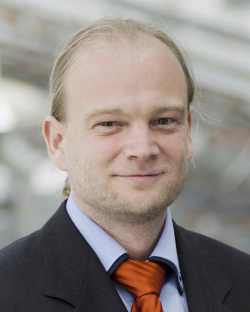
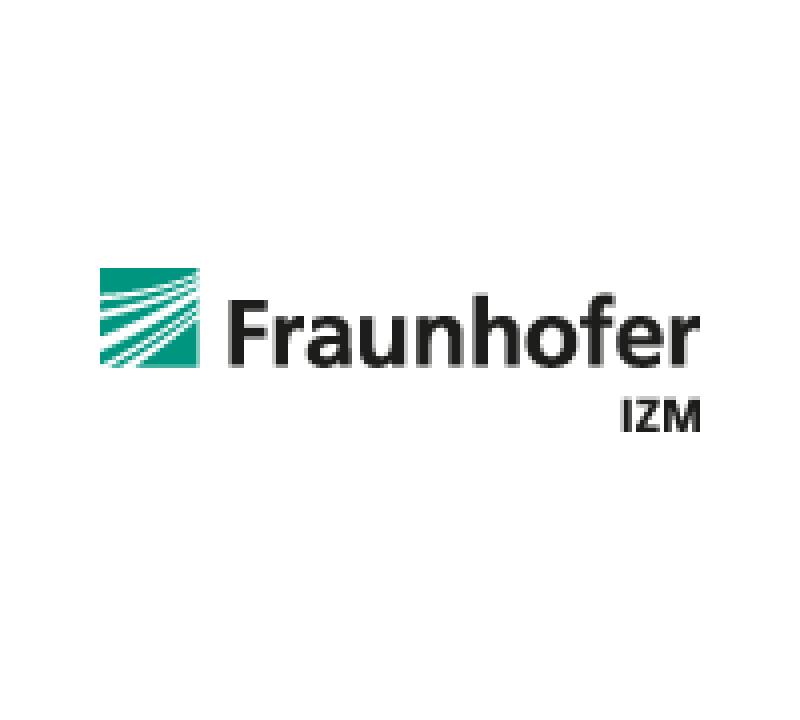 Abstract Biography |
|
| 10:30 | Trusted Electronics, Horst Gieser, EMFT Fraunhofer |
| 10:50 | The sustainable edge computer - the greenest data centers for smart cities and citizens |
Jens Struckmeier, CTO & Founder, Cloud&Heat Technologies GmbH The sustainable edge computer - the greenest data centers for smart cities and citizens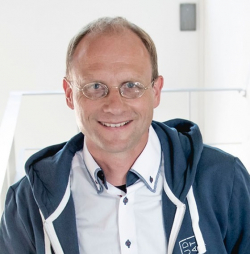
 Abstract Biography |
|
| 11:10 | Sustainable practices in corporate services that surround fab, Cathy Cronin, Intel Ireland |
| 11:30 | SiC Technology, Dr.-Ing. Tobias Erlbacher |
| 11:50 | Sustainable AI: Measuring and Reducing the Carbon Footprint of Deep Learning Model Development and Inference |
John Kelleher, Academice Leader ICE Research Institute, Technological University Dublin Sustainable AI: Measuring and Reducing the Carbon Footprint of Deep Learning Model Development and Inference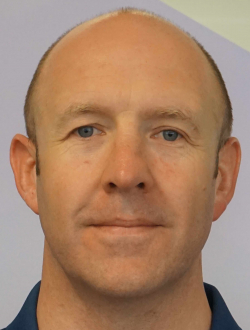
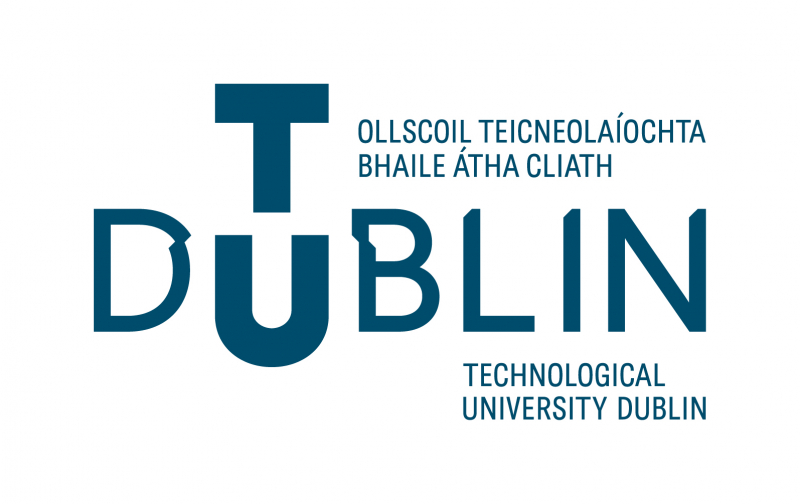 Abstract Biography |
|